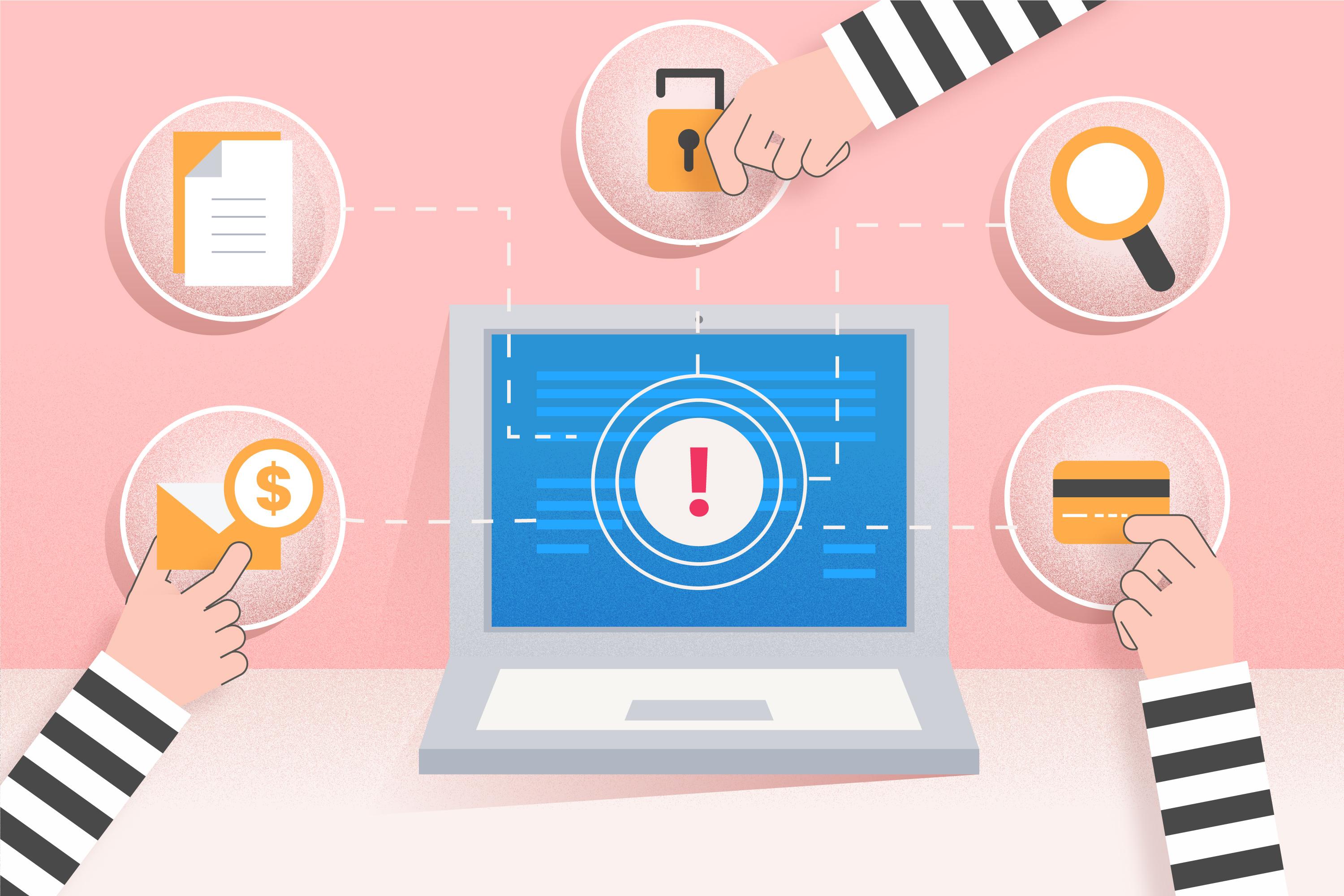Financial fraud is a significant concern for companies and individuals in the modern, interconnected world. The more complex a monetary transaction is, the more difficult it is to detect and prevent fraud. However, the tool that is tremendously helpful in this battle is BOI, or Beneficial Ownership Information, reporting services. Such services are critical in detecting and preventing fraud by offering visibility and traceability in financial systems.
Understanding BOI Reporting
BOI reporting software helps businesses track and maintain records of individuals or entities with ultimate ownership or control over a company. Financial institutions, regulators, and other stakeholders rely on this data to assess potential risks in business relationships. This software enables organizations to identify real asset owners and comply with financial regulations more efficiently by ensuring transparency and security.
A Brief Note on Why Transparency Matters
Transparency is an essential measure for avoiding financial fraud. Opacity in ownership structures can likely create opportunities for malicious actors to capitalize on weaknesses. By revealing the layers of ownership that are often buried and hidden away, BOI reporting services help add an element of transparency. Having that level of visibility allows authorities to monitor malicious activities, making it harder for fraudsters to go unnoticed.
Enhancing Due Diligence
Due diligence is essential in the fight against financial fraud. Financial institutions should also conduct proper due diligence on client risk profiles. This circumstance is where the additional information gained from BOI reporting services comes into play. With this data in their arsenal, organizations create a more efficient risk assessment model, eliminating any interactions with non-compliant clients and partners.
Enhancing Regulatory Adherence
Another thing that stops fraud is compliance with regulations. Globally, governments have implemented rigorous anti-money laundering (AML) policies to combat the financing of terrorism (CFT). BOI reporting services provide businesses with the necessary information to comply with these regulations and confirm the identity of beneficial owners. Such compliance can protect organizations from legal penalties while also maintaining the health of the entire financial system.
Promoting Cooperation Across Nations
Since financial matters have no borders, international cooperation is essential. Reporting services, which provide standardized data accessible to authorized entities worldwide, can benefit all jurisdictions. Such a worldwide method helps check similar stunts over different fringes, permitting specialists to meet to split expansive extortion organizations.
Challenges in Implementation
Indeed, the advantages of BOI reporting services are known, but specific challenges to their implementation exist. There are privacy issues, as owners and business entities don’t always want to go public. Transparency and privacy need to be balanced to ensure the effectiveness of these services. Country-specific regulatory frameworks can also entail complications over an unhindered transfer of information.
Technological Advancements
Newer technology thrives ahead among the BOI reporting services. With automation and data analytics, ownership information can be collected and analyzed at an unprecedented scale and efficiency. With these technologies, organizations can rapidly decipher patterns of suspicious behavior that signal potential fraud. In addition, blockchain technology provides a secure, tamper-proof method of storing and sharing beneficial ownership data, which adds an extra layer of security to these services.
The Future of Fraud Prevention
As financial systems are transformed, the means to prevent fraud should evolve. BOI reporting services will help with this work even further. These services will likely become more effective as international standards develop and digital solutions are adopted. It would further empower businesses and regulators with better resources to combat financial crime.
Conclusion
BOI reporting services are essential in curbing financial crimes by fostering transparency, increasing due diligence, ensuring compliance with regulations, and helping in cross-border efforts. While these services face many challenges, technological advancements also bring hope for improvement. While the financial landscape evolves, such services continue to play an integral role in protecting the soundness of financial markets around the globe. These instruments improve safety, trust, and transparency; thus, if stakeholders adopt such tools, they can collectively work toward building a safer and more transparent global economy.

